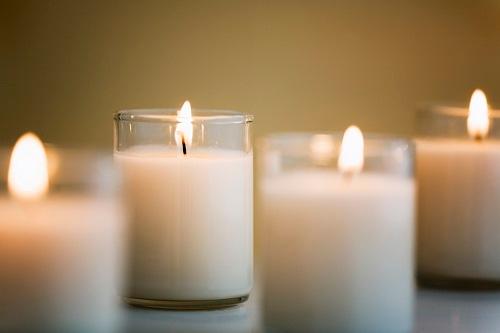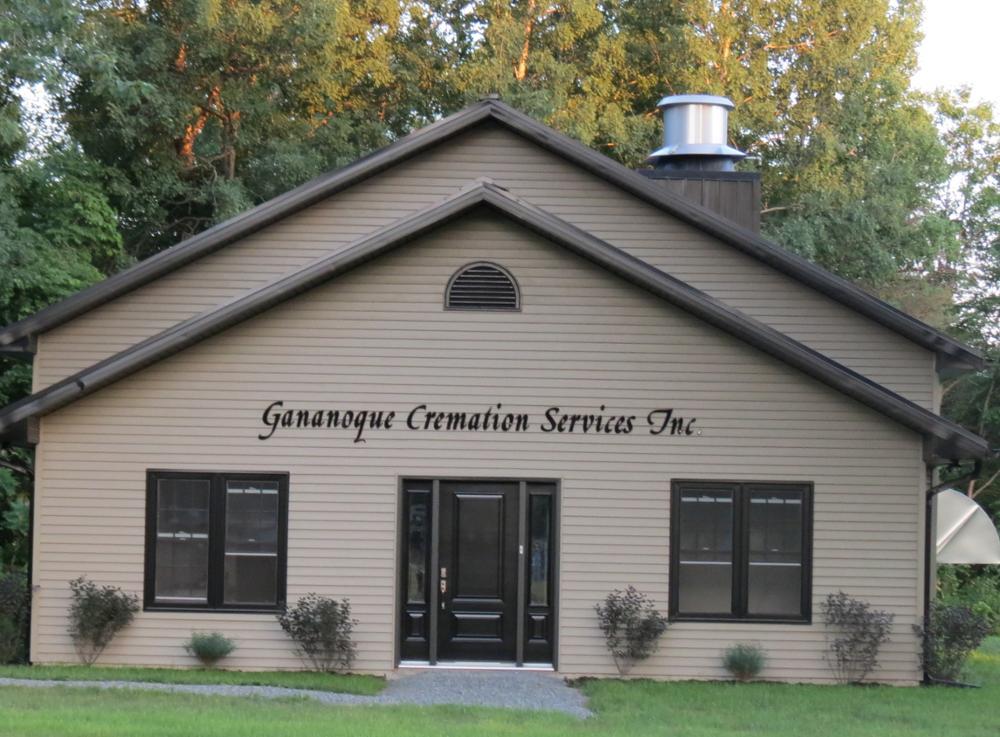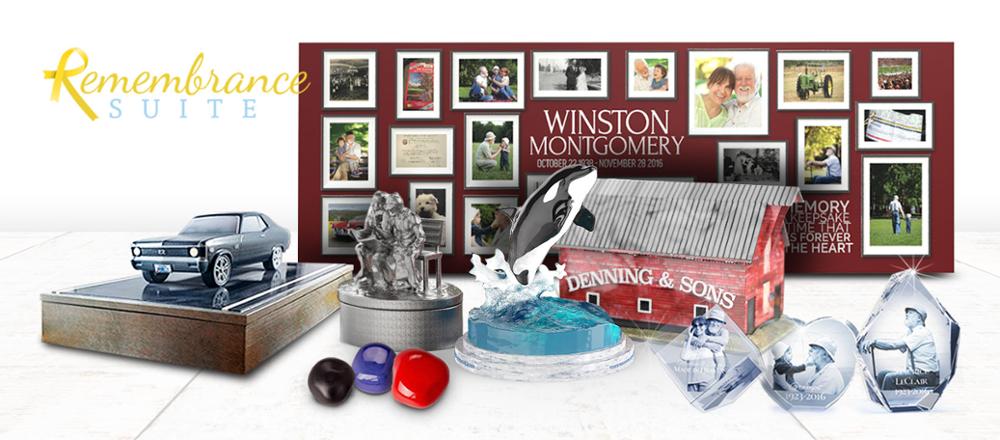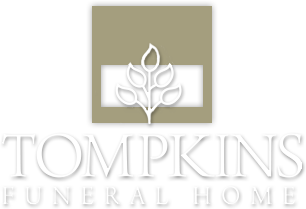Code of Good Funeral Practices
As funeral directors, our calling imposes upon us special responsibilities to those we serve and to the public at large. An important obligation is to provide information so that everyone can make knowledgeable decisions about funerals and funeral directors.
In acceptance of our responsibilities we affirm the following standards of good funeral practice and pledge:
- To provide the public with information about funerals, including prices, and about the functions, services and responsibilities of funeral directors.
- To afford a continuing opportunity to all persons to discuss or arrange funerals in advance.
- To make funerals available in as wide a range of price categories as necessary to meet the needs of all segments of the community, and to extend affirmatively to everyone the right of inspecting and freely considering all of them.
- To quote conspicuously in writing the charges for every funeral offered and to identify clearly the services, facilities, equipment and merchandise included in such quotations.
- To furnish each family, at the time funeral arrangements are made, a written memorandum of charges and to make no additional charge without the approval of the purchaser.
- To make no representations, written or oral, which may be false or misleading, and to apply a standard of honesty in all dealings.
- To respect all faiths, creeds and customs, and to give full effect to the role of the clergy.
- To maintain a qualified and competent staff, complete facilities and suitable equipment required for comprehensive funeral service.
- To assure those we serve the right of personal choice in making funeral arrangements.
- To be responsive to the needs of the poor, serving them within their means.
We pledge to conduct ourselves in every way and at all times in such a manner as to deserve the public trust.
To The Families We Serve
The information here is presented in an effort to help foster a clearer understanding of the charges associated with our services. This list of services is not intended to be encompassing; there are others we provide, there are some which may not apply to you. Please ask your Funeral Director if you need further explanation.
Professional/Staff Services
includes but is not limited to:
- Consultation with the family for the purpose of funeral arrangements.
- Personal supervision by a Funeral Director to details of all the arrangements including visitation, conducting of the actual Funeral Service, the cemetery or crematorium, scheduling, newspaper notices, the clergy, after service follow-up as required.
- Receiving and placement of floral tributes (including after service distribution).
- Hairdressing services.
- Professional development, clerical and accounting support, cash accommodations, 24 hour standby and telephone answering, chauffeurs, receptionist, waste management services, security services, parking lot attendants, cleaning services.
Preparation/Embalming
This refers to the actual embalming process. There is no legal requirement for embalming. However, should you wish to have an open casket for either private family viewing or public visitation, or should public visitation be extended past 48 hours after death occurs we suggest that this service be considered. For identification purposes some partial procedures may be required. Your permission is necessary before any procedure can be started.
Transfer
Refers to the transfer of the deceased from the place of death (sometimes requiring two attendants) to the Funeral Home. Additional charges may apply outside of a 40-km radius.
Facilities Visitation & Services
Included are the use of the rooms for visitation, use the chapel for services or for the conducting of services in a church, crematorium chapel or at a graveside, memorial book, acknowledgement stationery, religious accessories if required, use of parking facilities as available, use of coffee lounge, utilities, telephone, heating/cooling, insurance's, office supplies, maintenance of building and furnishings, snow removal, property and business taxes and general expenses of operations etc.
- Generally speaking when services are conducted in a church, crematorium chapel, or at graveside, greater staffing and longer time commitments for both staff and equipment are necessary. Those requirements are covered under Facilities Visitation & Services and no additional charges are made.
Facilities & Shelter of Remains
An area set aside from public access, which allows for the dignity and privacy of an individual until the time of visitation or until details of disposition are complete. This includes the preparation room with all of its specialized equipment for embalming. It also includes, should we be entrusted with the care of the cremated remains, their safe keeping until time of disposition.
Automobiles
Clergy/Lead Car/Administration: A five passenger vehicle, which is used to obtain necessary permits from government offices, call for the clergy on the day of the funeral, and assist with pallbearers. Should the disposition be burial, it includes the vehicle to lead the funeral and transport the clergy to the cemetery. This vehicle may also be used should it be necessary to attend and supervise the interment of cremated remains at a later date.
Funeral Coach: More commonly referred to as a hearse, which transports the deceased to the cemetery or crematorium.
Pallbearer's Vehicle: Is commonly used to transport the casket bearers as well as to keep them organized and together to the place of service, cemetery or crematorium.
Service Vehicle: May include but is not limited to the delivery of flowers to graveside, nursing homes, hospitals, or other requested locations, vehicles necessary to operate the Funeral Home on a day to day basis.
Family Limousine: A seven-passenger limousine, which, on the day of the funeral, transports the family members to the church, cemetery or crematorium as required.
Documentation
Receiving and recording of all vital statistics and obtaining the burial permit, cremation application, and a coroner's certificate if required for cremation or out-of-province transfer.
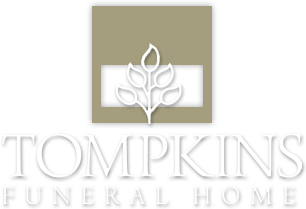
63 Garden Street
Phone: (613) 382-3088
Email: info@tompkinsfuneralhome.biz

